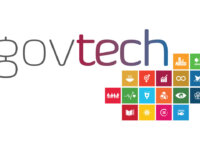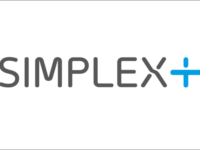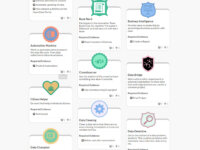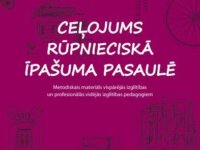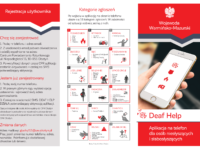The Collaborative Partnership to Improve Work Participation (the Collaborative Partnership) is a unique public-private sector alliance to drive fresh approaches to improving work participation for Australians with a temporary or permanent health condition or disability that impacts their ability to work. The Collaborative Partnership is responding to stagnating work participation rates in Australia following a work-related injury or illness and employment rates among people with disabilities.
Innovation Tag: Social Innovation
GovTech is a Portuguese public competition that rewards innovative products and services provided by Startups and addressing at least one of the 17 Sustainable Development Goals (SDGs).
It intends to stimulate the national Startup ecosystem, by promoting a sustainable economic growth, fostering innovation and opening new economic opportunities based on the 2030 Agenda.
The use of blockchain in the voting phase opened to the public was one of the perks of this competition
The Client Centric Policy Playbook strengthens the ability to engage clients in the design of program and service policies.
Through extensive engagement with policy experts and employees on-the-ground, the Playbook has brought together innovative best practices, tools and resources for engaging clients.
This solution enhances client experience by giving clients an opportunity to be part of the policy generation process and by ensuring that programs and services are reflective of their needs.
With a citizen-centric approach and a strong focus on co-creation, SIMPLEX is a simplification and modernization program focused on improving public service efficiency and designed to facilitate the citizens and businesses everyday life, and their interaction with the public administration.
Launched in 2006, it had several editions since then and resulted in the implementation of hundreds of initiatives that cut red tape, reduced context costs and used ICT to deliver better public services.
Case Study
Construction of an experimental and co-creation research methodology for co-operative governance in…
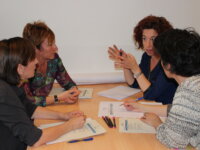
The prolonged economic crisis in Europe has led to a growing feeling of alienation among citizens from the main decision-making centres. The co-creation research methodology for co-operative governance is an innovative approach to stakeholder engagement in which policymakers and researchers work as a team in dialogue spaces configured to address different territorial challenges. A participative, open and collaborative governance for the economic development of Gipuzkoa is therefore being built.
Originally conceived as a planning tool, HeritageMaps.ie is a user-driven, web-based mapviewer focusing on the built, cultural and natural heritage around Ireland and offshore. Its potential for use by the general public was quickly realised and users can now access 700+ up-to-date heritage datasets in map-form, originally provided across many Govt. platforms. HeritageMaps.ie a free ‘one-stop-shop’ for heritage data and acts as a discovery portal, providing direct links to promote research.
The Louisville Metro Badge Program rewards employees for tasks like creating an open dataset, crowdsourcing information from citizens or collaborating with other departments on projects. There’s a tiered reward system for civil servants who participate, with prizes ranging from LinkedIn recommendations to recognition at a city-wide awards ceremony.
EUIPO studies show that young people are lacking information on intellectual property, and the available information is presented in an ineffective way for the specific age group. Starting the new 2018/2019 school year in Latvia, general education, academic secondary education and vocational secondary education teachers will have the opportunity to integrate intellectual property issues in their lessons, thus contributing to the formation of a responsible and innovative new generation.
In the event of a life or health emergency, the most important thing is to quickly call professional services: the police, fire brigade or emergency medical services. However, people with impaired hearing or who are deaf cannot make phone calls in the event of an emergency. The mobile application Deaf Help aids a deaf person to independently inform the services that he or she needs help.
Case Study
Speak up via WhatsApp: A Qualitative WhatsApp Survey of Syrian Refugees and Lebanese Host…
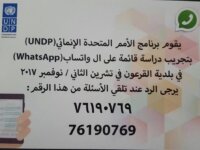
The United Nations Development Programme Lebanon used WhatsApp to conduct qualitiative surveys to listen to Syrian refugees in Lebanon dealing with conflicts with the local Lebanese community. Using Whatsapp is an effective tool for collecting qualitative data from vulnerable communities at scale. WhatsApp is widely used, with 84% of refugee households in Lebanon on WhatsApp. WhatsApp's voice message function allowed us to send survey questions as voice messages and collect people’s stories…

